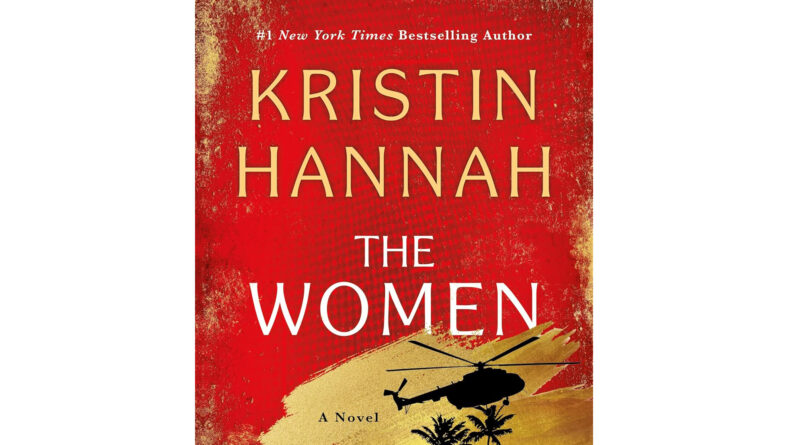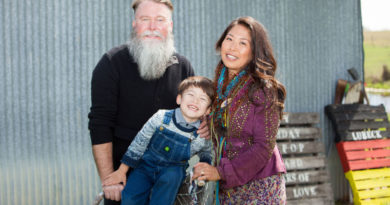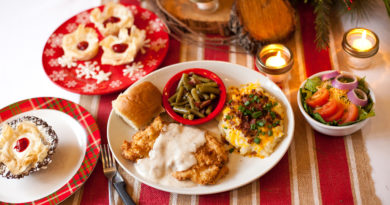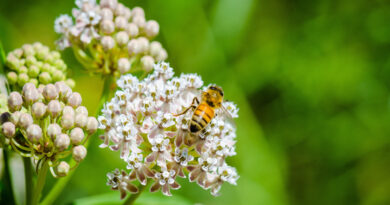Sharing Their War Stories
Kristin Hannah sheds light on women in Vietnam
By M. CLARE HAEFNER | Cover courtesy of the publisher
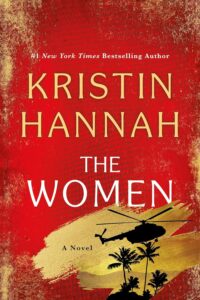 “There were no women in Vietnam” is a phrase Frances Grace “Frankie” McGrath frequently hears. But the young Army combat nurse knows better. She served two tours in field hospitals alongside several other women who became like sisters during literal trials by fire.
“There were no women in Vietnam” is a phrase Frances Grace “Frankie” McGrath frequently hears. But the young Army combat nurse knows better. She served two tours in field hospitals alongside several other women who became like sisters during literal trials by fire.
Frankie was taught to believe that her job was to be a good housewife and mother. But in an impulsive decision in the wake of her older brother’s death, 20-year-old Frankie (fresh out of nursing school) decides to follow Finley to Vietnam, leaving her idyllic life in Coronado Island, California, behind. When the Navy and Air Force both deny her enlistment due to lack of experience as a nurse, Frankie joins the Army Nurse Corps instead and ships out after a few short weeks of boot camp.
Thus begins Frankie McGrath’s unimaginable journey in Kristin Hannah’s The Women (St. Martin’s Press, February 2024). Frankie aims to serve her country and make her father proud to claim her place in the “heroes’ wall” lining the office of his study. She’s going to war to save men’s lives, not risk her own. But after landing at her first field hospital moments before an attack, Frankie quickly learns that serving as a war nurse is much more dangerous than she realized.
Finding her feet with the help of fellow nurses Edith and Barb, Frankie forges friendships that keep her going in her darkest moments in Vietnam and after she returns home. Spit on simply for wearing a uniform at LAX, Frankie is shocked and ashamed that many Americans call veterans “baby killers”even though many of them are “walking dead,” surviving combat only to die later from the effects of Agent Orange.
Told in two parts, The Women shares Frankie’s experience as a combat nurse and her struggles to assimilate after she returns to the United States. Facing PTSD, addiction and heartbreak, Frankie loses herself in a world where no one wants to speak about, much less understand what she experienced. Vietnam divided America like no war had before, with protesters, including returning veterans, lashing out at a government that was lying about lives lost and its losing effort against the North Vietnamese army.
In an author’s note at the book’s end, Hannah writes that she vividly remembers the war and the protests. “Reading the firsthand accounts of the women who served in Vietnam was incredibly inspiring,” she writes, adding that it saddened her to realize their stories were often forgotten or overlooked.
Hannah remedies that with The Women, creating characters who embody the experiences of the unknown number of women who served — from Army, Air Force and Navy nurses, doctors, air traffic control specialists and military intelligence personnel to civilian war correspondents and workers for the Red Cross, Donut Dollies, USO and other humanitarian groups. As this incredible work of historic fiction makes clear — not only were women in Vietnam, they were heroes.

